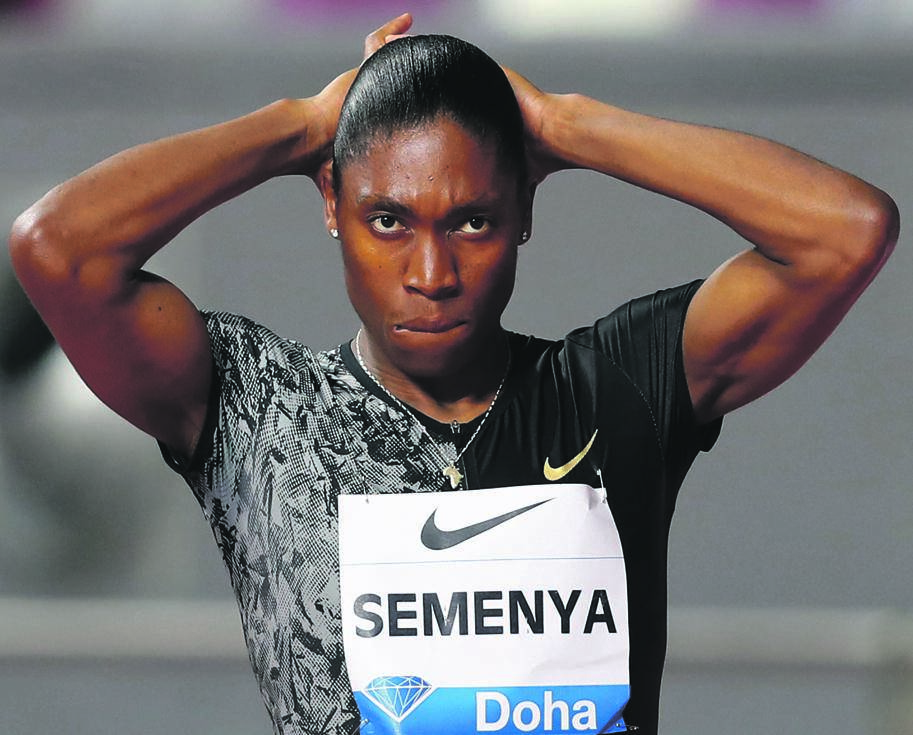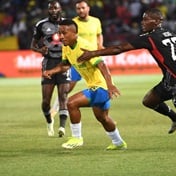
Given the likely economic fallout from the Covid-19 coronavirus pandemic, there will be companies in the sports industry that will not emerge with sufficient financial resources to meet their sponsorship agreements.
According to Nielsen Sports, a reputable provider of analytics and insights within the industry, there could be a shake-up when it comes to broadcasting rights.
Major sports leagues around the world, including the PSL, are reliant in the main on the income they receive when their matches are broadcast – this is over and above other sponsorships, including match-day revenue, such as the sales of tickets and hospitality packages.
The PSL earned R600 million from its broadcasting rights deal with SuperSport International, according to the figures in its most recent financial statement.
The figure accounts for more than 50% of the league’s total revenue of R1 billion, which the PSL recorded for the year ended July 31.
Kelvin Watt, the managing director for Africa and Asia at Nielsen, said: “The broadcast rights scenarios are very complicated and will be different for sports properties that depend on this important revenue source.
“A number of the major global sports broadcasters will look to support their most lucrative rights holders – the various major football leagues, like the PSL – as they have a major vested interest in these properties returning and delivering the big audiences and subscription fees.”
Although it was still too early to paint a clear picture of the effect of the pandemic on sport sponsorship deals locally, Watt predicted that the rights holders with “strong relationships” with their sponsors and other commercial partners were in a far better position than those with “poor relationships”.
“I am really concerned about rights holders that rely solely on brand exposure from their team kit and perimeter branding to deliver value to their partners. They will face an uphill battle to retain their partners and deliver value in the next few months,” said Watt.
As long as the strict Covid-19 safety regulations remain in force, lifestyle restrictions will continue. This would be detrimental to other revenue streams, such as ticketing, hospitality suites, food and beverage sales, and l
icensing, Watt said.
A common tactic among “forward-thinking rights holders” would be to discount the current contract period value in exchange for an early renewal or contract extension, he said.
“I have no doubt that there will be a great deal of negotiation around fair value delivered during this period, and we will see many deals discounted for the current contract period and potentially restructured from a rights packaging perspective.”
Meanwhile, prominent athlete representative Peet van Zyl said that his agency, In-Site Athlete Management was in discussions with sports shoe manufacturing companies for a possible revision of deals involving his clients because all competitions had been put on hold.
In-Site Athlete Management looks after the business interests of elite athletes, including Olympic champion Wayde van Niekerk, ace sprinter Akani Simbine, long jump champion Ruswahl Samaai and star swimmer Tatjana Schoenmaker.
“We are all in the same [difficult] position due to no athletics,” said Van Zyl.
“We are in discussions because the athletes will lose the income from competing.
“The incentive side of the contracts is where athletes will lose the most. Athletes who have contracts with retainer components are fine,” he said.
Although he was reluctant to divulge the figures, Van Zyl said his athletes had also applied to government’s relief fund for loss of earnings from prize money for the cancelled track and field competitions that were due to be held next month and in June.
Read: Sport in troubled times
“The athletes were scheduled to compete based on the previous year’s earnings, so it will be very interesting to see if anything comes of that.
“All we can do now is be patient, while the athletes and coaches stay healthy and safe during lockdown.”
Van Zyl had already received some positive news from credit card giant Visa, which provided financial certainty to the athletes it sponsored, including Simbine and Schoenmaker.
The company announced at the end of last month that it was extending the sponsorship of its global roster of Olympic and Paralympic hopefuls to next year after the multicoded games, set to take place in Tokyo, Japan, were rescheduled to next year.
 |
| ||||||||||||
| |||||||||||||




 Publications
Publications
 Partners
Partners









